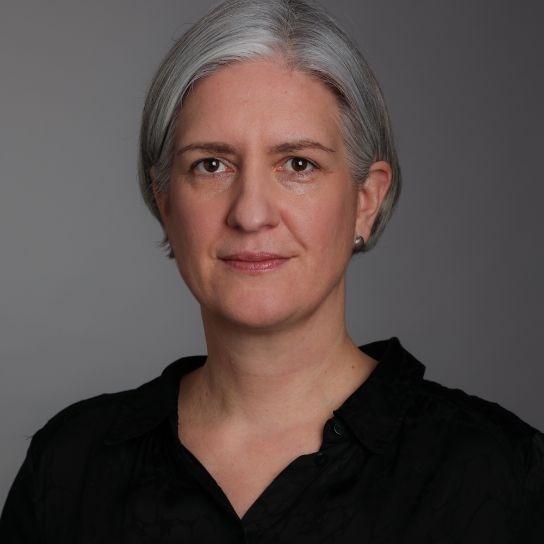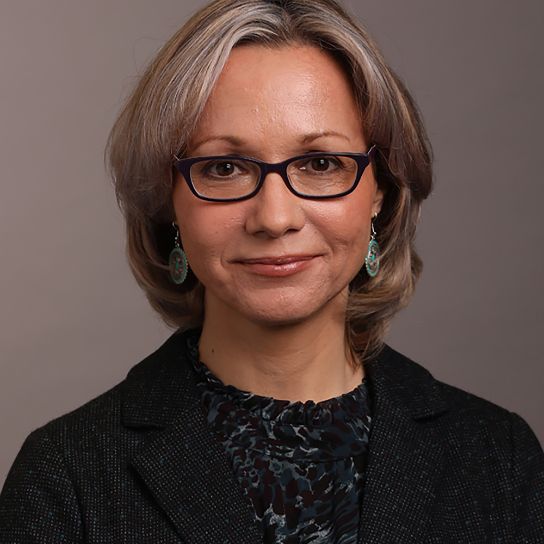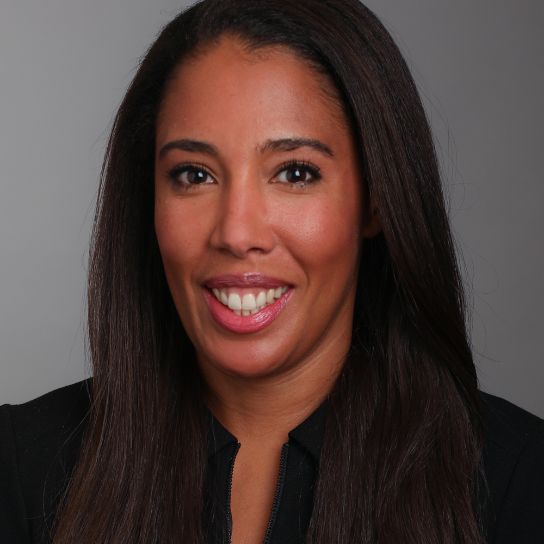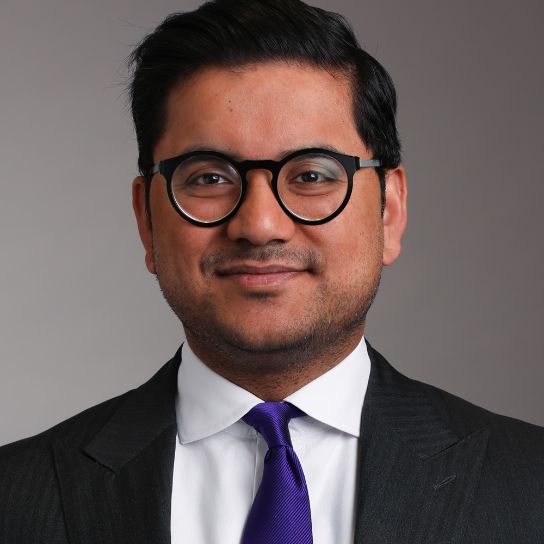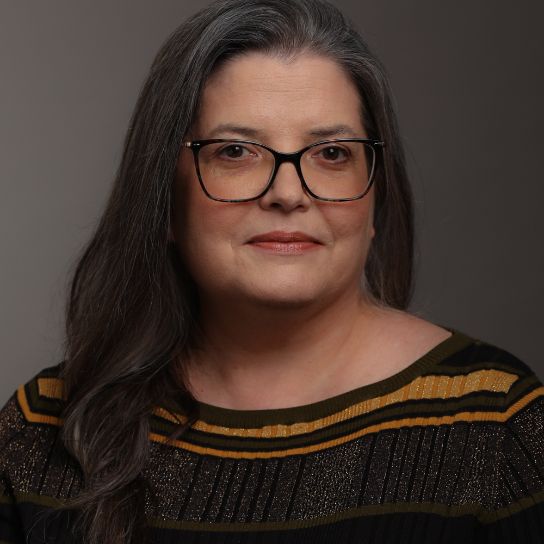In an article entitled "SEC enforcement: What has gone wrong?" published in the National Law Journal in December 2012, Professor John C Coffee Jr raised a number of examples of what he perceived to be a disturbingly persistent pattern in the SEC's enforcement actions.
He suggested that the SEC rarely sued individual defendants at large financial institutions, instead opting to settle with the firm. Penalties in respect of firms were, by comparison with the profits obtained from the misconduct, modest and the median penalty size seemed to be decreasing. To the extent that individuals had been targeted, these were generally low ranking individuals or consultants, and various cases had been withdrawn or resulted in acquittals, raising the suggestion that the SEC was "losing" cases.
Professor Coffee suggested that the SEC was risk averse and resource constrained, and thereby incentivised to settle - and he proposed, by way of solution, that the SEC should retain private counsel on a contingent-fee basis in large cases that it could not adequately staff itself.
The SEC's Robert Khuzami and George Canellos hit back at what they characterised as inaccurate claims and a distorted picture in a joint response entitled "Unfair claims, untenable solution". The median size of settlements had increased since 2005, and was at an all time high in 2011. Likewise more suits had been brought against individuals than at any time since 2005, and the "losses" that Professor Coffee had alighted on were the result of three atypical cases. The SEC were not being outgunned by private practitioners, and Professor Coffee's proposed solution misunderstood the SEC's aim, as enforcer of the US's securities laws, which was aggressively to uphold the law and serve the interests of justice.
Professor Coffee has since published a further response, dismissing Khuzami's and Canellos' objections to his proposal as nonsense. He stresses that the SEC would maintain its prosecutorial discretion, but would hold increased leverage in negotiations because it could credibly threaten suit by independent counsel — who would only take the case only if they judged it to be promising. The SEC would not, he contends, be forced to settle cheaply. He also challenges the statistical evidence, noting that the data does not truly permit anyone to give an accurate answer because it does not include the over 40% of enforcement cases that are settled without financial penalty.
Although Professor Coffee's claims have clearly hit a nerve, prosecutors should be seen to be bringing the hard cases, and it is inevitable that they will lose some of them. Debate about the way in which prosecutorial discretion is exercised is healthy, and should be welcomed. Ultimately, it is the public that the SEC - and its regulatory counterparts overseas - must convince.
Key contacts
Disclaimer
The articles published on this website, current at the dates of publication set out above, are for reference purposes only. They do not constitute legal advice and should not be relied upon as such. Specific legal advice about your specific circumstances should always be sought separately before taking any action.


